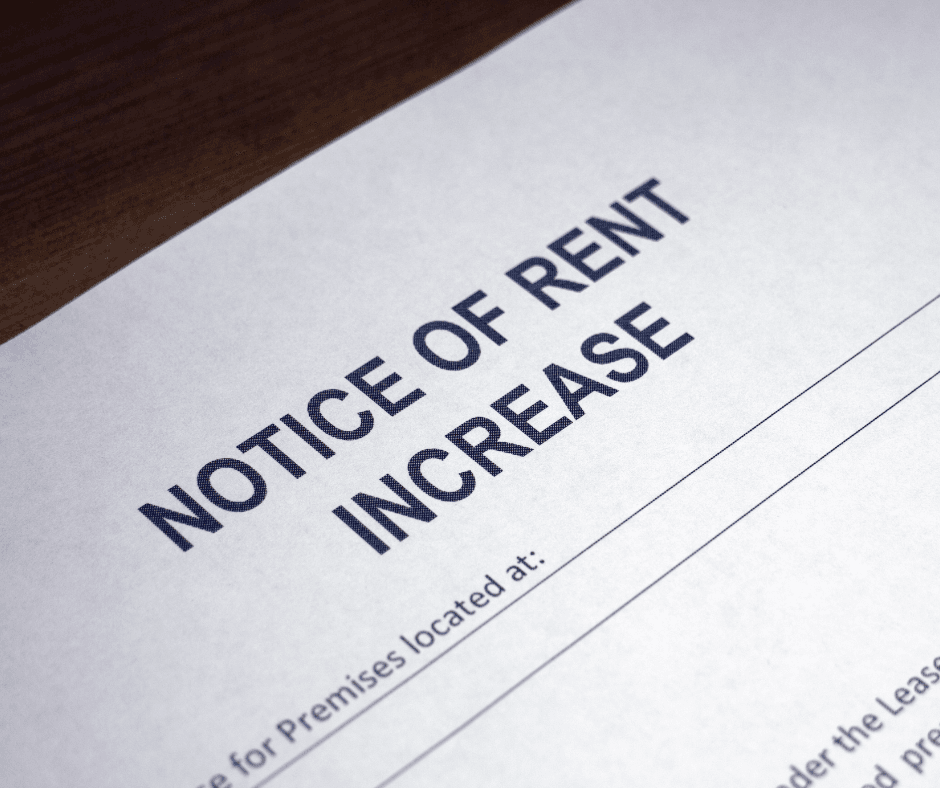
Navigating Rental Increases in 2025: A State-by-State Guide for Property Owners
As Australia's rental market continues to evolve, understanding the latest rental increase rules is essential for every property owner. Several states have updated their legislation in 2024–2025, affecting how and when you can raise rent. This guide outlines the current legal landscape, helping you stay compliant and make informed decisions.
Queensland (QLD)
Frequency: Limited to one increase every 12 months, regardless of tenant changes
Notice Period: Minimum 60 days' written notice
Update: Agreements must include the date of the last increase, and tenants can request written evidence of prior rent amounts
(Source: rta.qld.gov.au, Ensure Legal 2025)
New South Wales (NSW)
Frequency: Maximum one increase every 12 months
Notice Period: 60 days' written notice
Update: As of late 2024, landlords must provide valid reasons to end a tenancy. Rent
bidding has been banned
(Source: nsw.gov.au, The Guardian Australia)
Victoria (VIC)
Frequency: Once every 12 months
Notice Period: 60 days' written notice
Update: From late 2025, Consumer Affairs Victoria will have greater power to review rent
increases, with stronger protections for tenants ending leases
(Source: premier.vic.gov.au, Herald Sun)
South Australia (SA)
Frequency: Once every 12 months
Notice Period: 60 days' written notice
Dispute Option: Tenants can appeal to SACAT if the increase appears excessive
(Source: sa.gov.au)
Western Australia (WA)
Frequency: One increase every 12 months
Notice Period: 60 days' written notice
Update: From July 2024, rent bidding is banned, and tenants can make minor property
modifications
(Source: consumerprotection.wa.gov.au, wa.gov.au)
Tasmania (TAS)
Frequency: Once every 12 months
Notice Period: 60 days' written notice
Dispute Option: Tenants can apply for review by the Residential Tenancy Commissioner
(Source: cbos.tas.gov.au)
Australian Capital Territory (ACT)
Frequency: Once every 12 months Notice Period: 8 weeks' written notice Update: Landlords must apply to ACAT for rent increases above the standard threshold
(Source: ACT legislation updates)
Northern Territory (NT)
Frequency: One increase every 12 months Notice Period: 30 days' written notice Requirement: The tenancy agreement must specify how the increase is calculated
(Source: nt.gov.au)
With rental laws tightening across Australia, property owners need to be more mindful than ever when adjusting rent. Failing to follow notice periods or apply increases within legal limits could not only lead to disputes but also breach tenancy laws.
Need help navigating your property's rent strategy?
Contact Club Property Management at leasing@clubpropertymanagement.com.au for tailored support and compliance advice.
